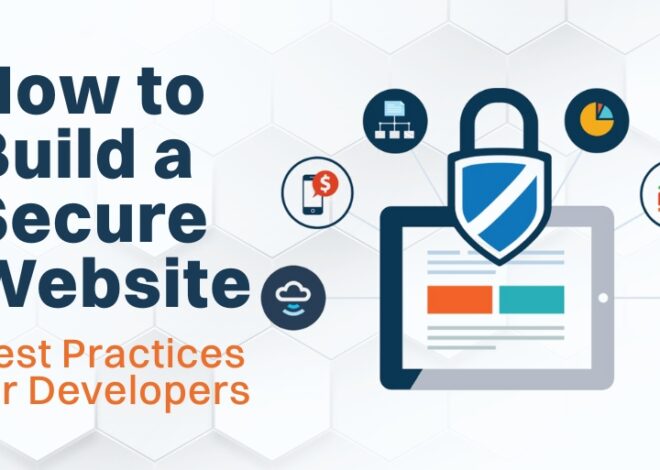
The Essential Business Planning Guide
Sowing the seeds of a business demands attentive forethought and execution. Here is a comprehensive step-by-step guide to aid you in planning and setting in motion your own business.
1. Idea Generation and Market Research
You first have to recognize your passion and expertise. Then, you need to pick a business idea that lines up with your interests and abilities. This is where the ‘Why’ of your business takes birth.
It would be very good if you also did thorough market research in the realm of your business idea. You can carry out market research by studying the market to be cognizant of your target consumers. In market research, you also need to identify who are your competitors and what are the industry trends.
2. Business Plan Development
Under the second step, you need to chart out an executive summary that accurately reflects your business. In your summary, you can condense your business idea, notion, goals, and methodologies.
Then, after the summary, you can give your business an exhaustive description. You can do this by supplying details about your business, which is inclusive of its mission, vision, and values. Then, it would be best if you did a market analysis by furnishing and recording your findings from your market research.
It would be best if you also concentrated on organization and management. Define your business formation and pivotal team members. Your team members will form the strength and pillar of your business.
After that, propose a product or service line. The product should align with your business identity, and the service line should be customer-oriented. You can describe what your product will offer and the importance of its utility in customers’ lives.
By having a sales and marketing Modus Operandi is also a good idea. Marketing and sales research incorporate planning and detailing your proposition to reach and attract customers.
3. Legal Structure and Registration:
This is an important step in the process of your business planning. You can begin this by choosing a valid legal structure. After that, it is pivotal to make an important decision. That decision is whether your business is to have a sole proprietor, be in a partnership, have an LLC, become a corporation, etc.
4. Finances and Funding
You can plan on how to secure any useful finances. One of the initial steps of obtaining funding is by opening a business bank account. It is important to remember to keep your individual and business finances different and separate.
You can try to research options on the different ways how to affix funding. You can inspect funding and finance options.
5. Business Name and Branding
This is an engaging and exciting step that demands creativity for your industry. Start by choosing an inventive business name. Make sure that the name is unique and reflects your brand. After finishing selecting the name, you can submit and register your business domain.
6. Location and Equipment
It is salient to choose a location for your potential business. You can determine if you will oversee your business on an online basis, from the comfort of your home, or in an external/physical location.
Research and investigate what is needed to set up a technology framework and infrastructure. This may call for setting up things like a business website and business email.
7. Permits and Licenses
It is very important to put one’s finger on what are the necessary permits and licenses for your industry. You can research how you can obtain the mandatory permits and licenses for your industry and business placement. Make sure to add getting business insurance to your planning and to-do list. You can safeguard your business with suitable insurance coverage.
8. Marketing and Promotion
This step will determine how far-reaching your sales will be and how far you will reach your audience. You can do this by creating a marketing scheme and enlarging strategies for advancing your business. You can also erect and boost an online presence by resorting to social media, content marketing, and SEO to amplify visibility.
Remember that entrepreneurship is an ongoing process, and flexibility and adaptability are crucial for long-term success. Consult with professionals, such as accountants and legal advisors, to ensure compliance with regulations and best practices in your industry.









